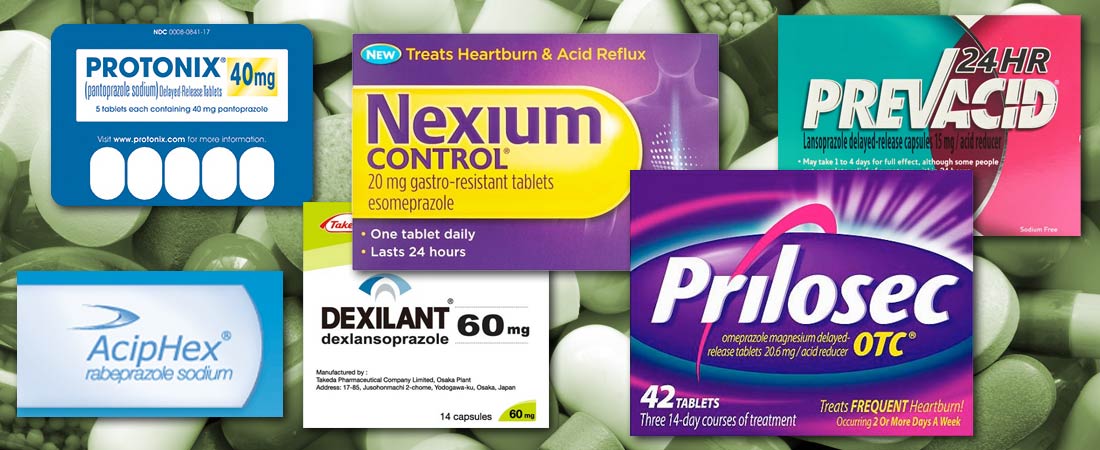Millions of people take Proton Pump Inhibitor drugs for stomach ulcers, heartburn, or acid reflux (also known as gastro-esophageal reflux disease, or GERD). Proton Pump Inhibitors (PPIs) are available as either over-the counter (non-prescription) or prescription medications.
Commonly used PPIs include:
- Aciphex
- Dexilant
- Nexium
- Prevacid
- Prilosec
- Protonix
- Zegerid
If you have been diagnosed with Chronic Kidney Disease (CKD) or other kidney damage and have taken Prilosec, Nexium, Prevacid, Protonix, or another Proton Pump Inhibitor medication (PPI), you may be entitled to compensation from the drug manufacturer.
Studies, including those published in JAMA Internal Medicine (February 2016) and the Journal of the American Society of Nephrology (April 2016), have shown that people who have taken a PPI for extended periods (usually over 30 days) have a significantly increased risk of serious kidney damage, including Chronic Kidney Disease (CKD), the progression of CKD, and Kidney Failure (also known as Renal Failure or End-Stage Renal Disease (ESRD)).
How great is the Risk, and what are the Effects of Prilosec,
Nexium, Prevacid, Protonix, or other PPI drugs ?
The increased risk of suffering kidney damage after taking PPI meds is substantial. At least one study has indicated that PPI users have a 20 to 50% greater risk of developing Chronic Kidney Disease (CKD) and that the likelihood of sustaining this or other kidney damage increases with greater daily doses and longer periods of use. Despite these risks, PPIs have been over-prescribed. Up to 70% of PPI prescriptions have been shown to be given in situations in which the use of a PPI was not medically indicated.
Chronic Kidney Disease (CKD) may not show any symptoms in its early stages. Your kidneys perform the crucial job of removing waste products and extra fluids from your blood, by eliminating these substances through your urine. When CKD develops, these functions begin to break down. In the advanced stages of the disease, dangerous levels of wastes can remain in your body.

